Understanding Gasoline Generators
The Importance of Gasoline Generators in Modern Life
Gasoline generators are vital for maintaining a steady power supply during outages or in remote areas where electricity is scarce. They serve both residential and commercial needs, delivering the required energy to keep homes and businesses operational without interruption. Their portability and efficiency make them a favored option for emergency backup power, outdoor events, and construction sites where power tools and equipment are essential.
Overview of PowerSmart Generators
PowerSmart generators are a well-known brand in the market, offering reliable and efficient solutions for temporary power needs. These generators are designed to be user-friendly, fuel-efficient, and powerful enough to handle various electrical loads. PowerSmart models come in different sizes and capacities, catering to a wide range of user requirements. Their ease of maintenance and durable construction have made them a favored option among many consumers.
Frequent Problems with Gasoline Generators
Starting Issues
Causes for Difficulty in Starting a Generator
One common issue users face with gasoline generators is difficulty in starting the engine. This problem may arise due to several reasons: a depleted fuel tank, stale or contaminated fuel, a clogged air filter, or a malfunctioning spark plug. In some cases, low oil levels or a faulty ignition switch could also prevent the generator from starting. Identifying the exact cause is the first step toward resolving the issue.
Step-by-Step Guide to Troubleshoot Starting Problems
To troubleshoot starting problems, begin by checking the fuel tank to ensure it is adequately filled. Replace any old or contaminated fuel with fresh gasoline. Next, inspect the air filter and clean or replace it if necessary. Ensure that the spark plug is in good condition and properly connected. Check the oil level and top it up if it's low. If all else fails, examine the ignition switch and wiring for any signs of damage or wear.
Fuel Problems
Identifying Fuel Leaks and Shortages
Problems related to fuel are another common issue with gasoline generators. Spotting a fuel leak can be straightforward if you notice puddles of gasoline around the unit or detect strong fuel odors. On the other hand, fuel shortages may be indicated by the generator operating for shorter periods than anticipated. Regularly inspecting the fuel lines, tank, and carburetor can assist in identifying leaks or blockages that require attention.
How to Address Fuel Contamination Issues
Fuel contamination can lead to severe performance issues for gasoline generators. Contaminants such as water, dirt, and debris can clog the fuel system and affect the generator’s efficiency. To address this, first drain the old fuel completely from the tank and fuel lines. Clean or replace the fuel filter and refill the generator with fresh, clean gasoline. Adding a fuel stabilizer can also prevent future contamination and keep the fuel system clean.
Spark Plug Challenges
Symptoms of a Faulty Spark Plug
A faulty spark plug can cause numerous problems, including difficulty starting the generator, rough running, misfiring, and poor fuel efficiency. Common symptoms include the generator taking longer to start, running erratically, or producing unusual noises. If the spark plug appears dirty, corroded, or damaged, it likely needs replacement.
Easy Steps to Replace a Spark Plug Correctly
Replacing a spark plug is a straightforward process. Begin by turning off the generator and allowing it to cool. Locate the spark plug, typically found near the engine. Disconnect the spark plug wire and use a spark plug socket wrench to remove the old plug. Check the gap on the new spark plug using a gap tool and adjust it if necessary. Then, screw the new spark plug into the engine and reconnect the wire. Ensure the spark plug is tight but not over-tightened.
Battery Malfunctions
Recognizing Signs of a Dead or Weak Battery
Battery issues can negatively impact the functionality of electric start gasoline generators. Indicators of a weak or dead battery include the generator failing to start, dim indicator lights, or a clicking noise when attempting to start the engine. Furthermore, if the battery frequently loses its charge rapidly, it is probably close to the end of its useful life.
Simple Solutions to Recharge or Replace the Battery
To address battery issues, consider recharging it using a compatible battery charger. If recharging does not resolve the problem, test the battery’s voltage with a multimeter to determine if it needs replacing. When replacing the battery, ensure that it matches the generator’s specifications. Connect the new battery securely, ensuring all terminals are tightly fastened and free of corrosion.
Overheating Concerns
Common Triggers for Generator Overheating
Overheating is a critical concern for gasoline generators, as prolonged heat can damage the engine and other components. Common causes of overheating include overloading the generator, insufficient ventilation, and debris clogging the cooling vents. Additionally, low oil levels or using incorrect oil type can exacerbate overheating issues.
Effective Measures to Prevent and Resolve Overheating
To prevent overheating, regularly clean the generator’s cooling vents to ensure proper airflow. Avoid overloading the generator by strictly adhering to its power capacity limits. Check and maintain optimal oil levels, using the manufacturer-recommended oil type. If the generator is still overheating, consider placing it in a shaded area during operation to reduce heat exposure. Regular maintenance and timely servicing can also help catch potential issues before they lead to significant problems.
By comprehending and resolving frequent problems like ignition issues, fuel impurities, spark plug difficulties, battery failures, and overheating, users can guarantee that their gasoline generators function effectively and dependably. Routine maintenance and troubleshooting procedures will improve the longevity and efficiency of these crucial power units.
Routine Maintenance Tips for Gasoline Generators
Regular Cleaning and Inspection Procedures
Routine maintenance is essential for keeping gasoline generators in peak operational condition. Regular cleaning involves removing dust, dirt, and debris from all parts of the generator, especially from the engine area and cooling vents. This ensures no blockage impedes airflow and prevents overheating. Inspection should include checking the condition of the fuel lines and tank, ensuring there are no leaks or signs of wear and tear. Additionally, scrutinize the oil level and quality, replacing it if it appears dirty or if the generator has reached the manufacturer's suggested oil change interval. Regularly inspect electrical connections for corrosion or damage, which could lead to poor performance or failure.
Optimal Storage Practices to Extend Generator Life
Proper storage practices play a crucial role in extending the lifespan of gasoline generators. Before storing the generator for an extended period, thoroughly clean it to remove any dirt or grime. Empty the fuel tank or add a fuel stabilizer to prevent the gasoline from breaking down and causing starting issues later. Store the generator in a cool, dry place away from direct sunlight and moisture to prevent rust and corrosion. Covering the generator with a suitable protective cover can shield it from dust and environmental elements. Additionally, periodically start the generator and let it run for a few minutes to keep all parts lubricated and operable.
PowerSmart’s Role in Providing Reliable Power Solutions
Key Features and Benefits of Using PowerSmart Generators
PowerSmart generators are designed to provide reliable and efficient power solutions for various needs. They offer several key features that make them a preferred choice among users. For instance, PowerSmart generators are equipped with advanced inverter technology, which allows for cleaner and more stable power output suitable for sensitive electronics. Their compact and lightweight design makes them highly portable, ideal for use in multiple locations, including home backup, camping, and job sites. Additionally, these generators are known for their fuel efficiency, allowing longer runtimes on a single tank of gasoline. The easy-to-use interface and quick start features further enhance their user-friendly appeal.
Accessing Customer Support for Troubleshooting Help
When problems occur with gasoline generators, obtaining dependable customer support is essential for swift and efficient resolutions. PowerSmart offers comprehensive customer support services that encompass troubleshooting guides, user manuals, and direct communication options with technical support teams. Users can access the PowerSmart website to locate detailed troubleshooting articles and step-by-step instructions to resolve common issues. For more complicated matters, reaching out to their customer support team via phone or email can deliver tailored assistance. The support team can aid in diagnosing problems, suggesting necessary parts, or guiding users through complex repair processes, ensuring their generators are operational again promptly.













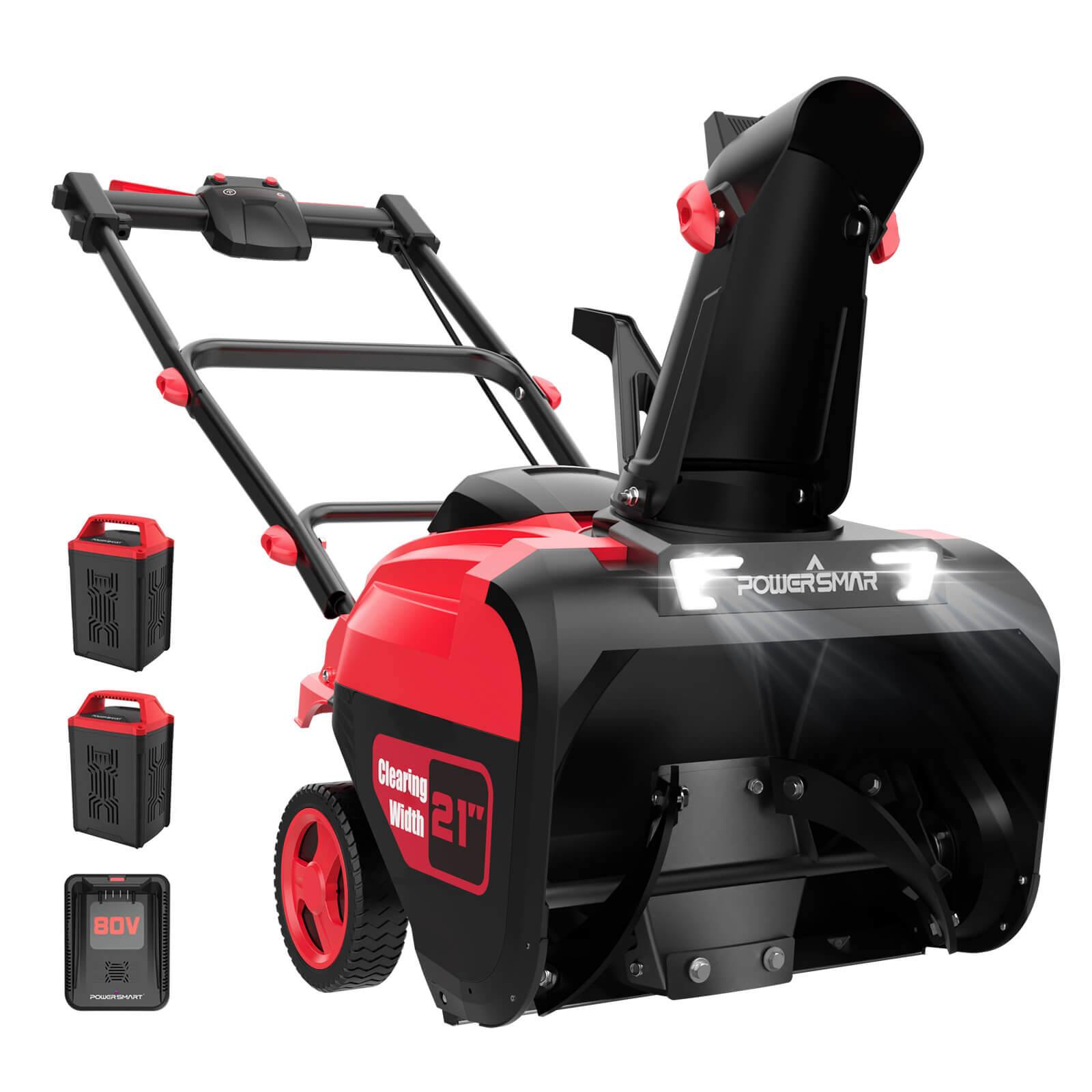







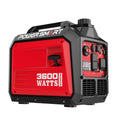
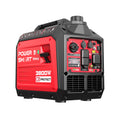
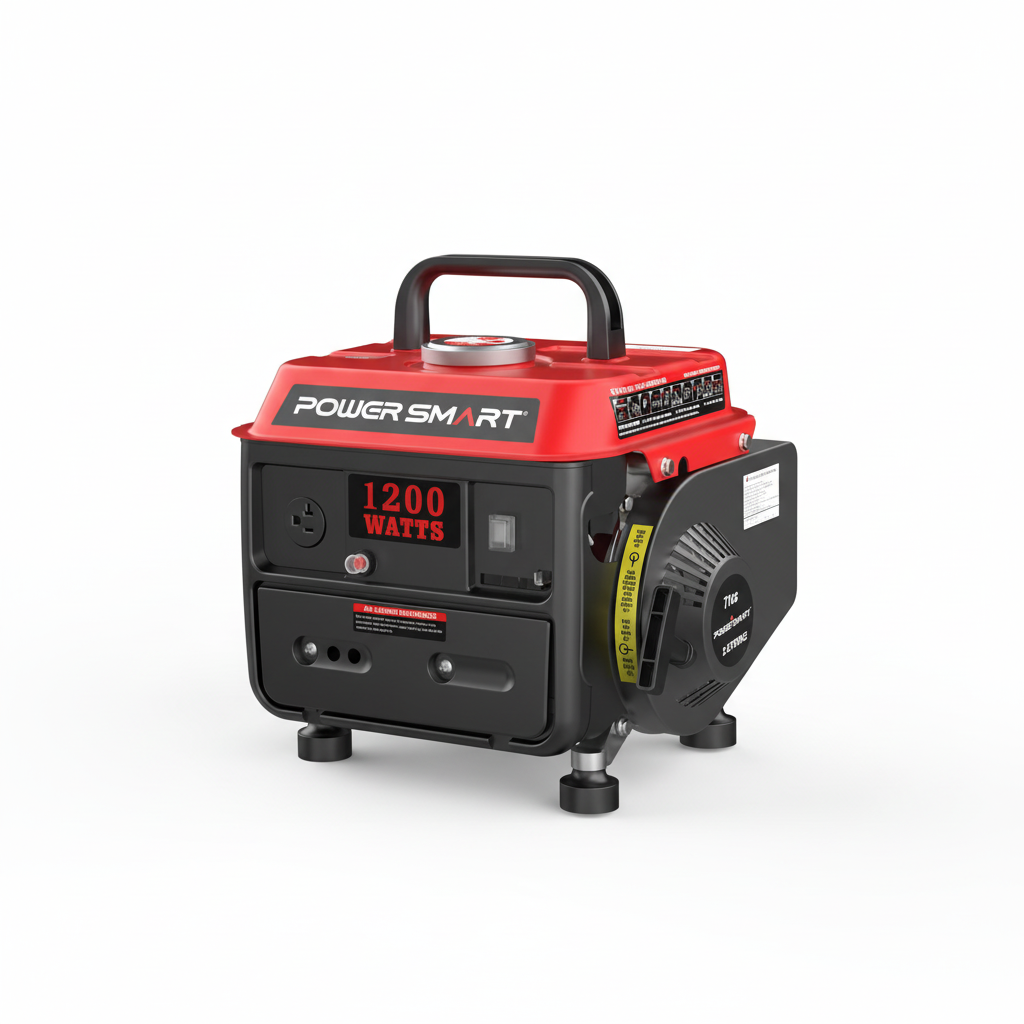


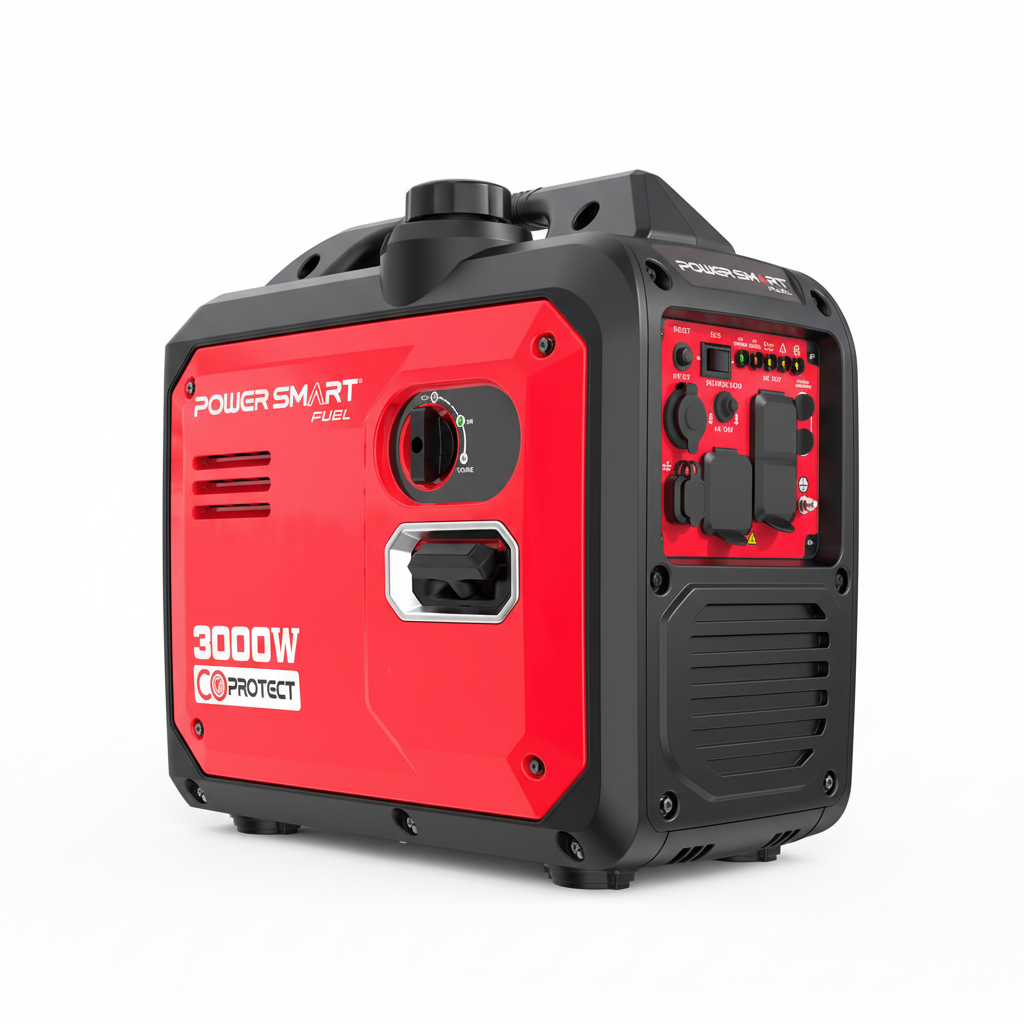
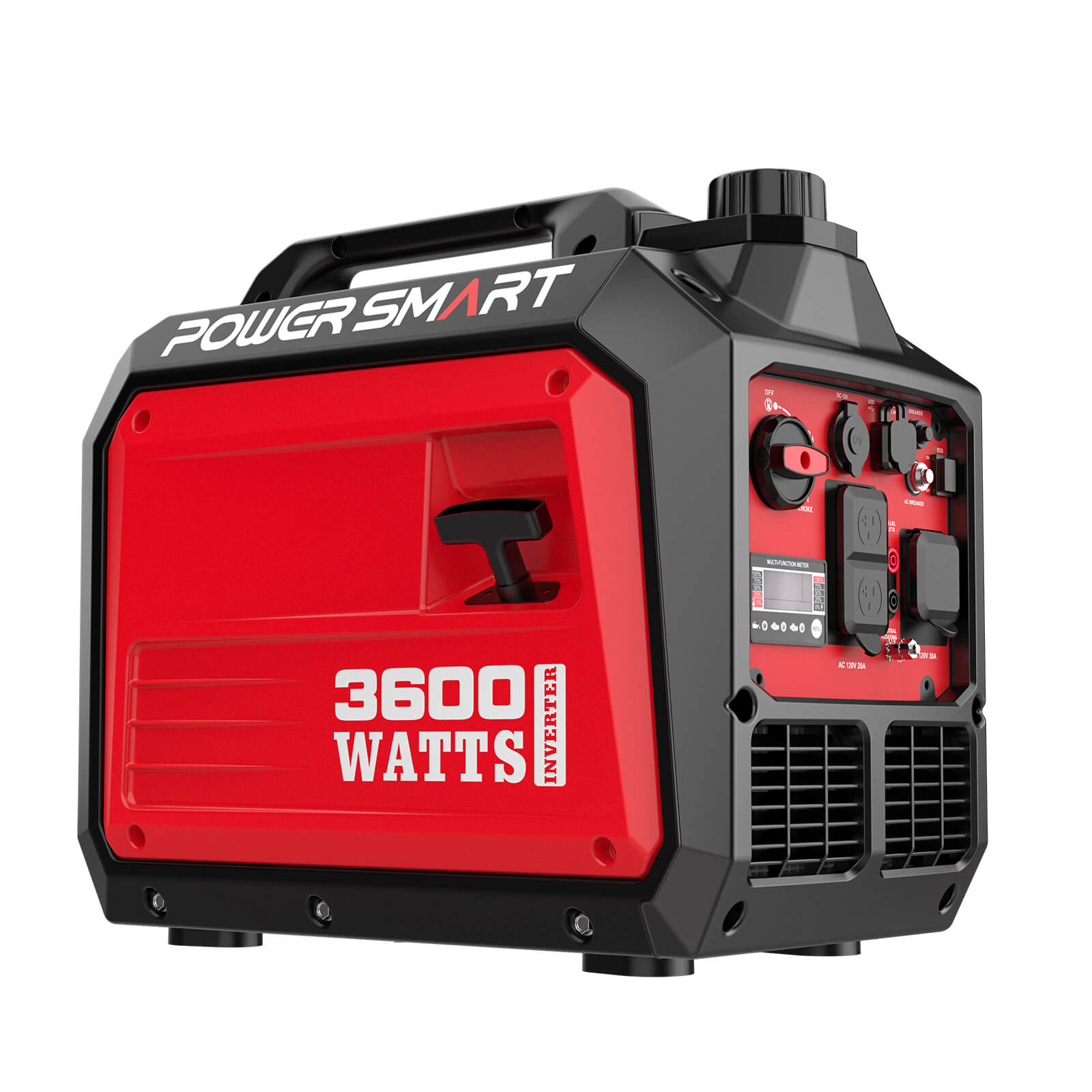
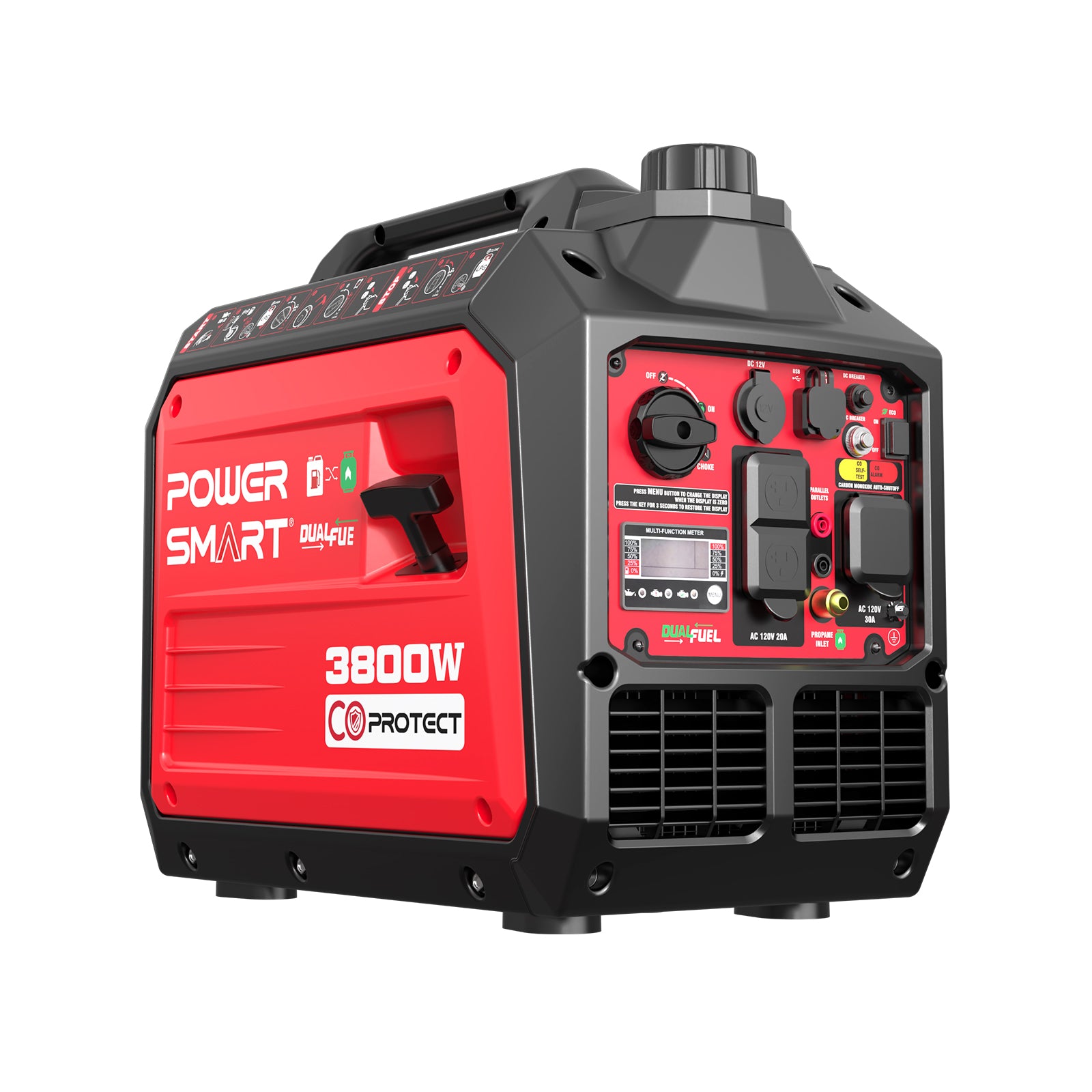
















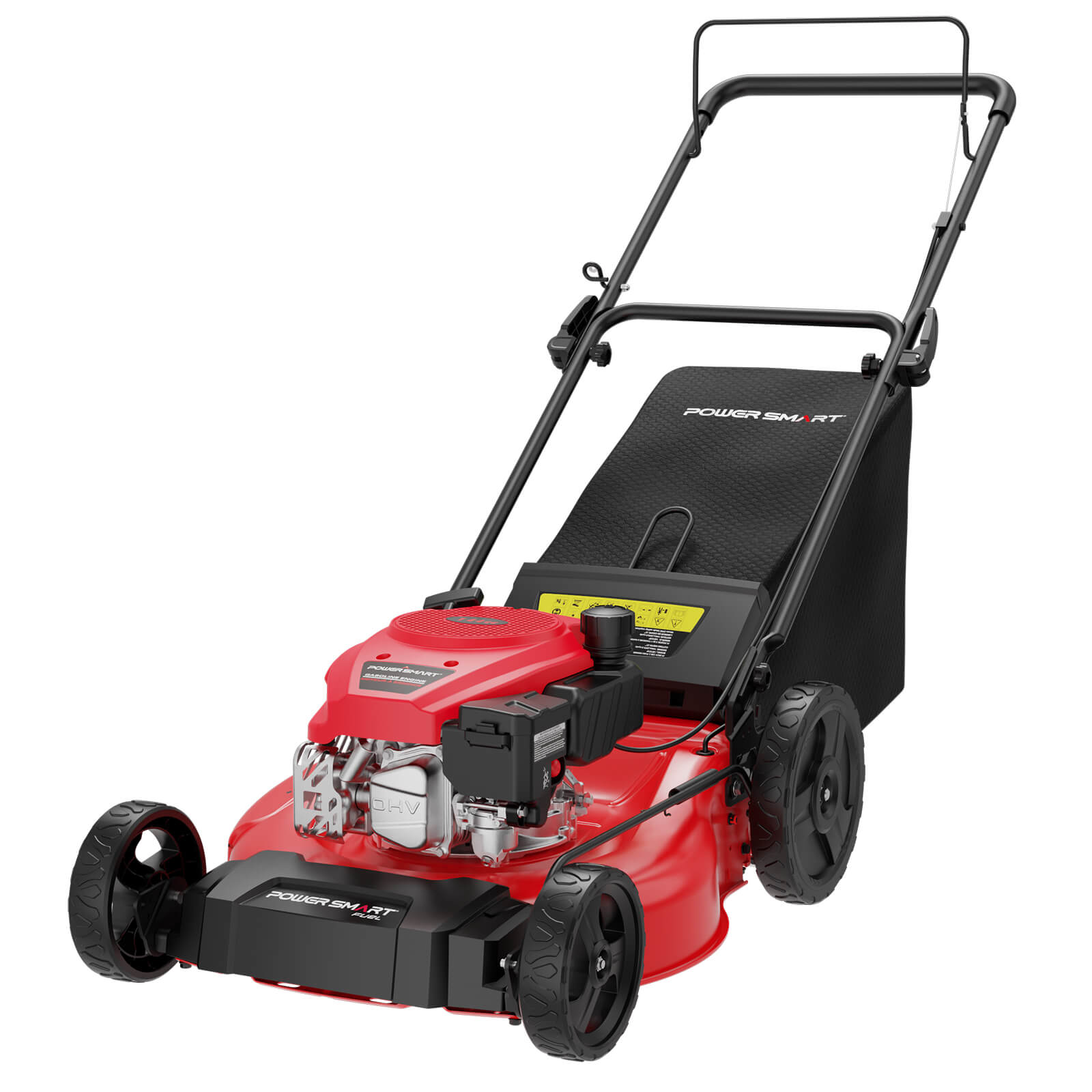



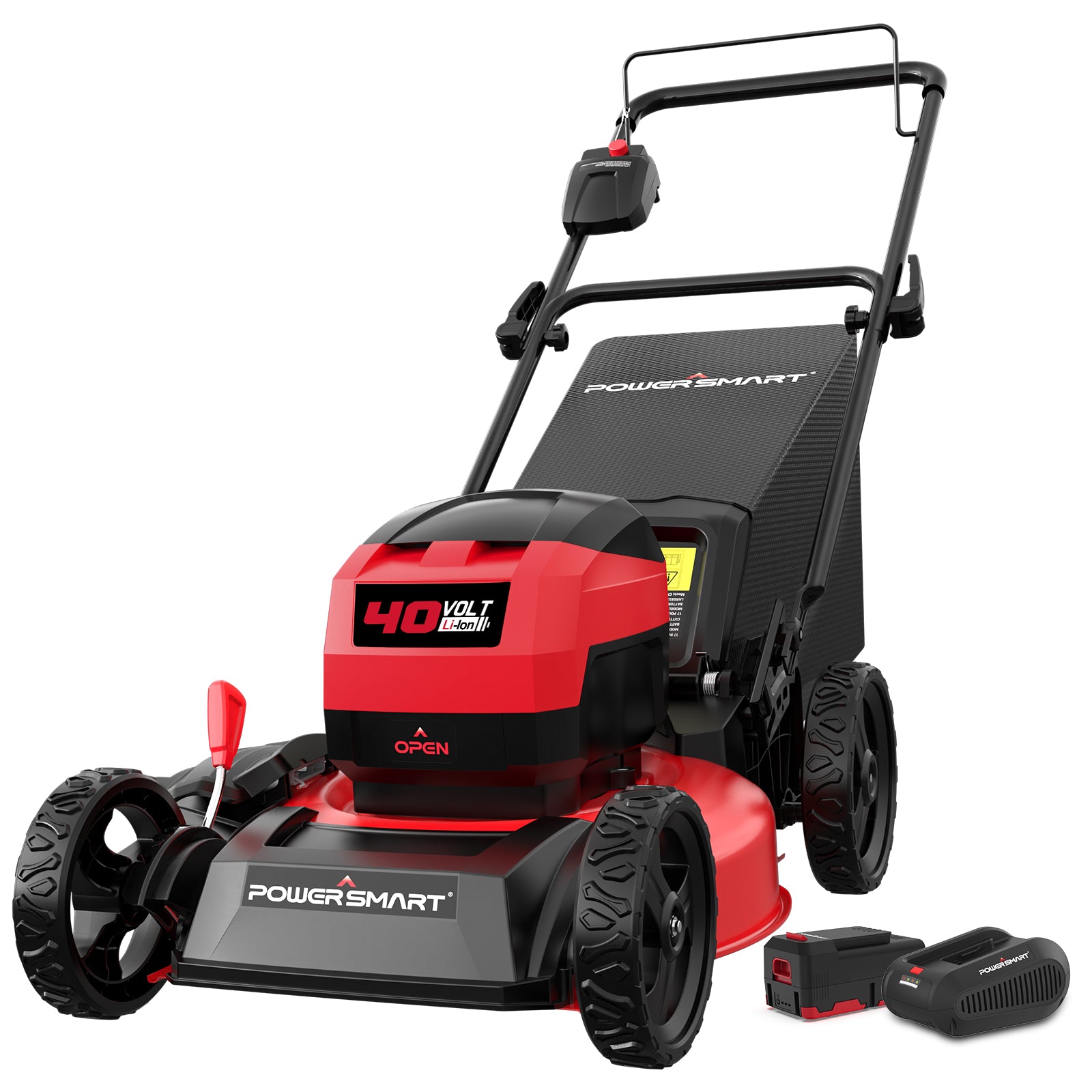
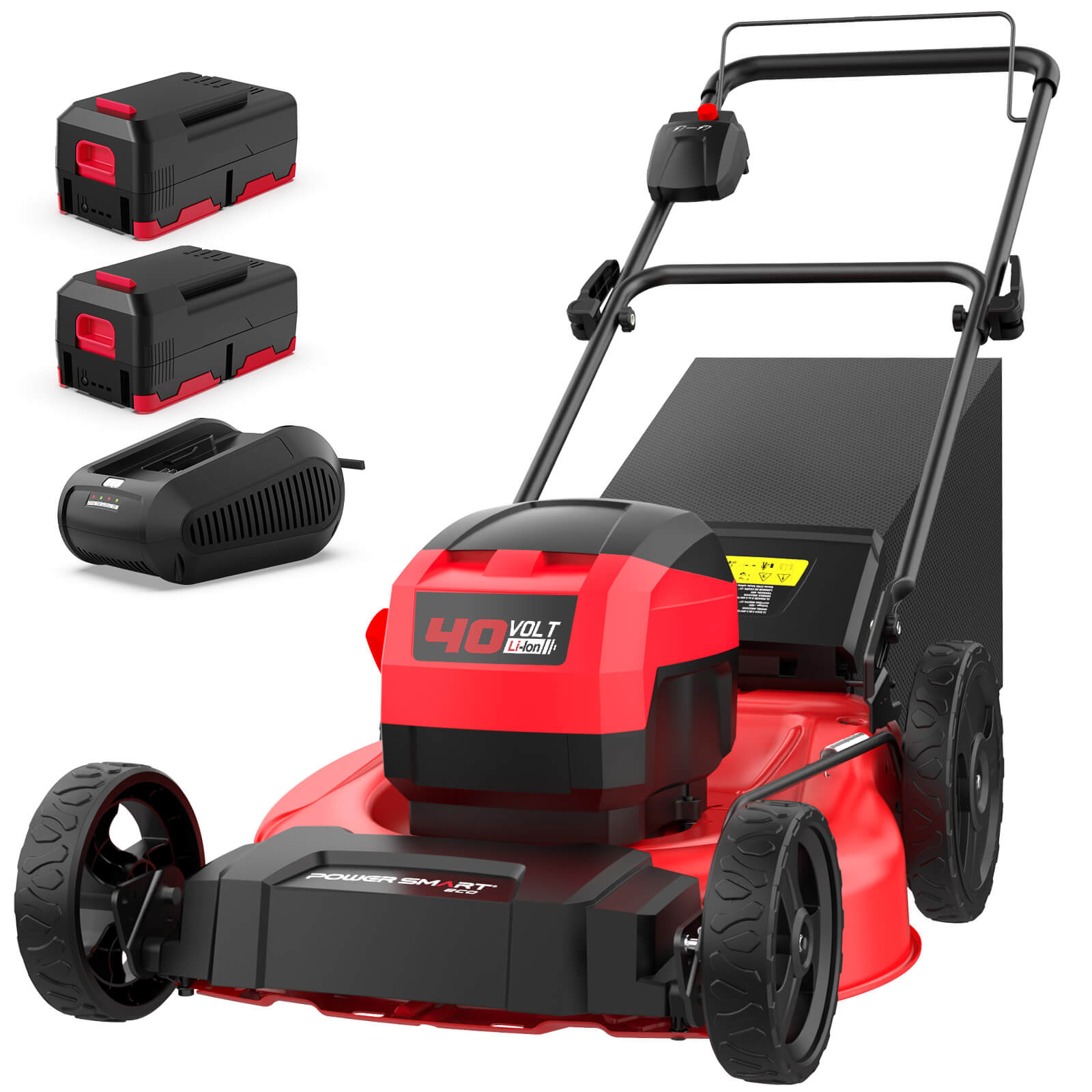
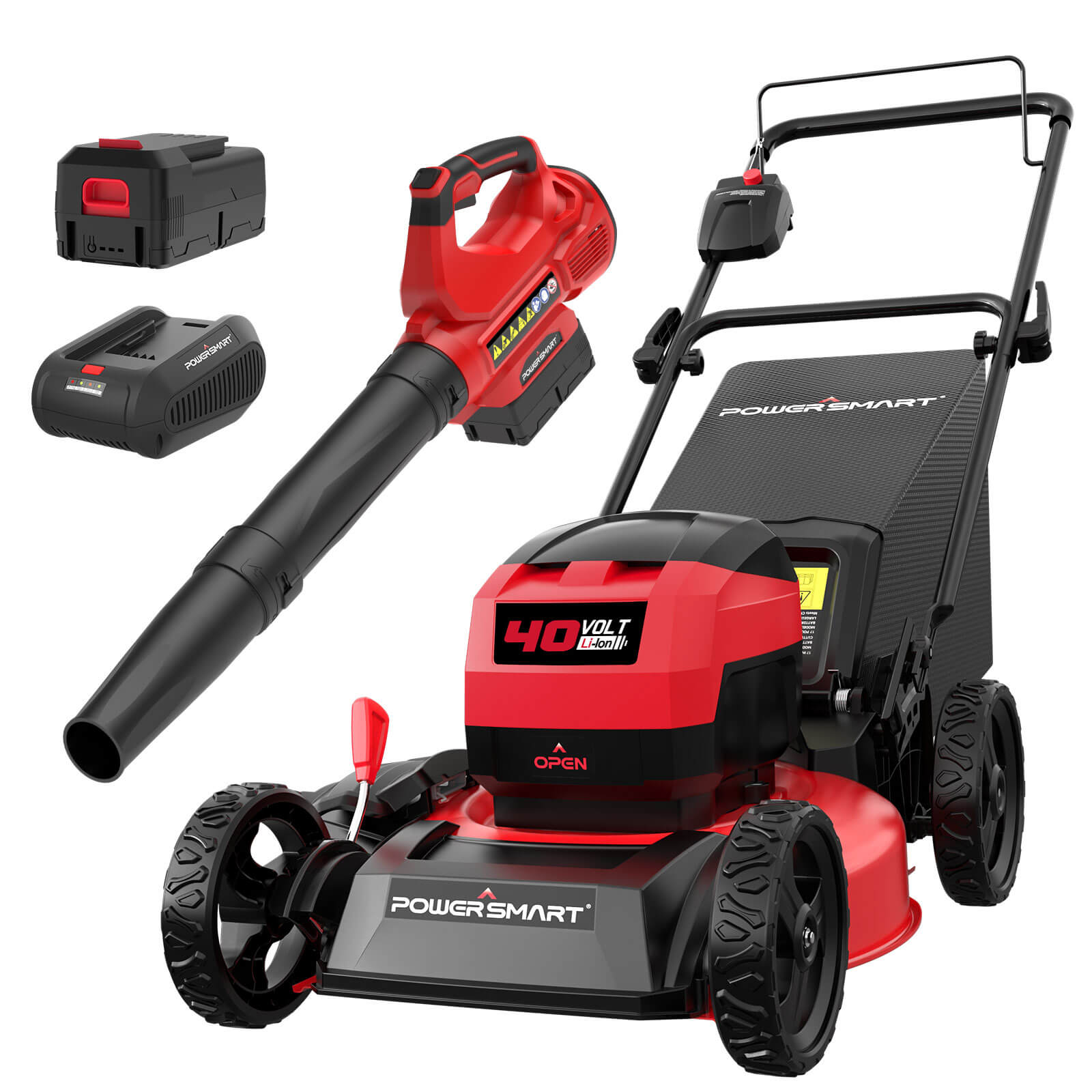
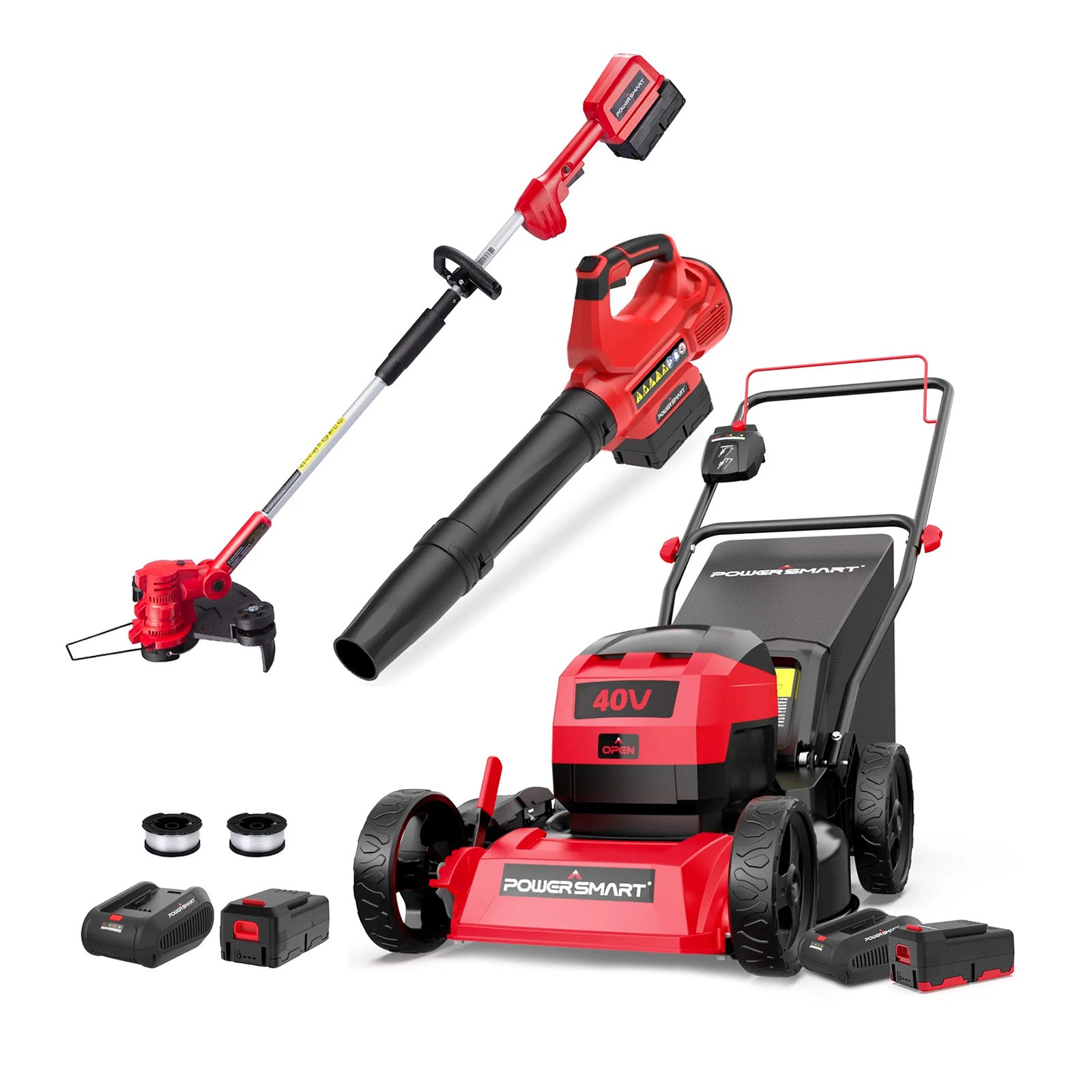
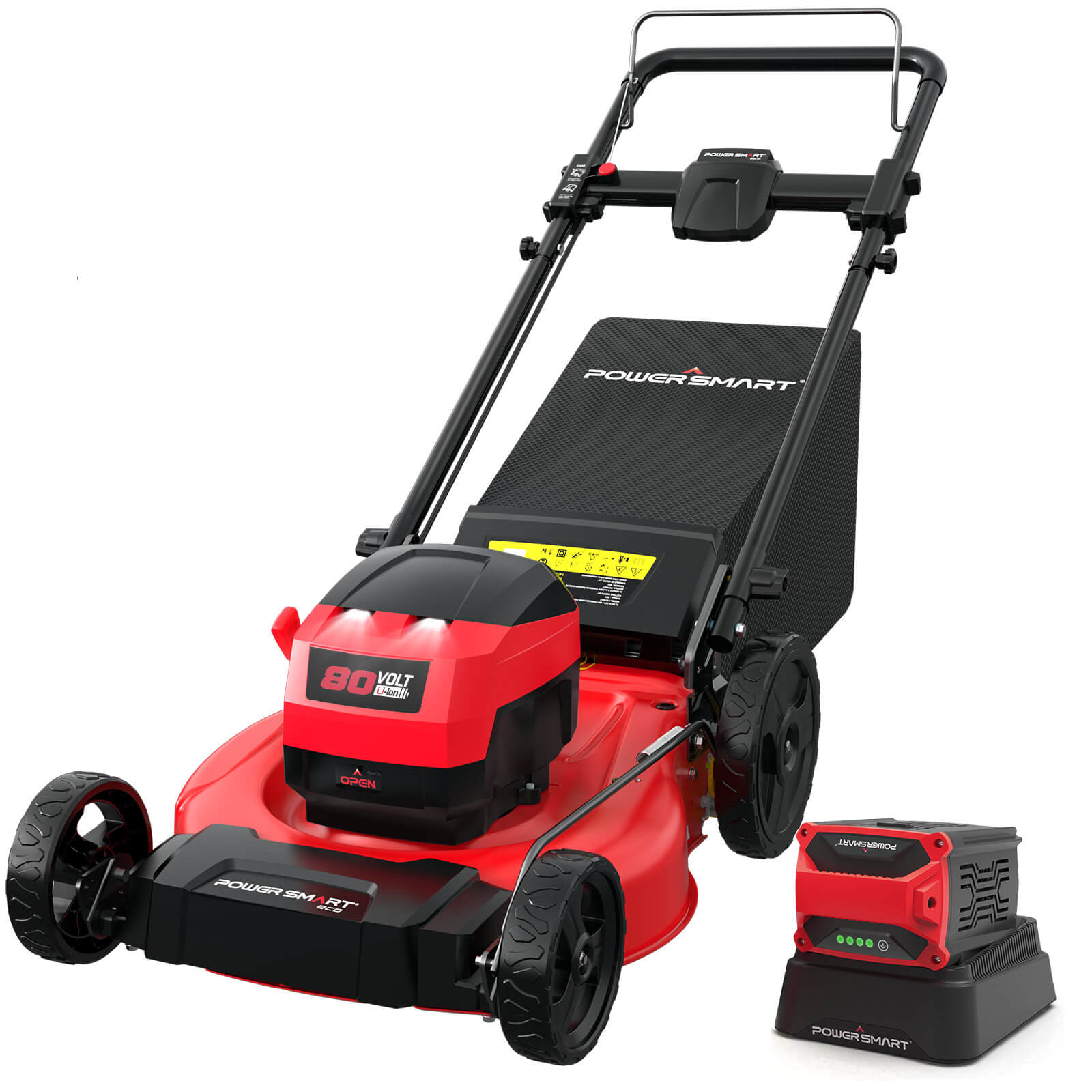
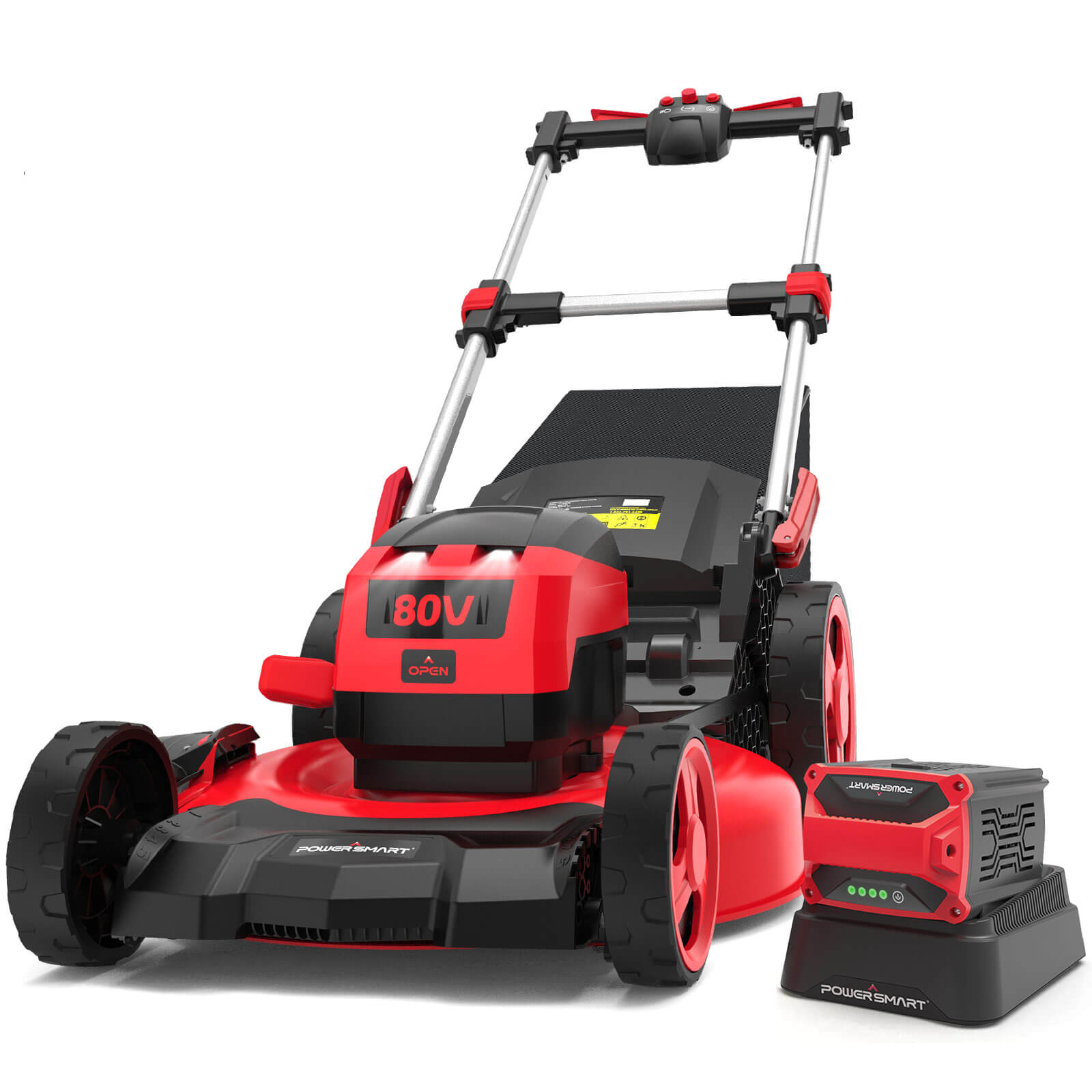









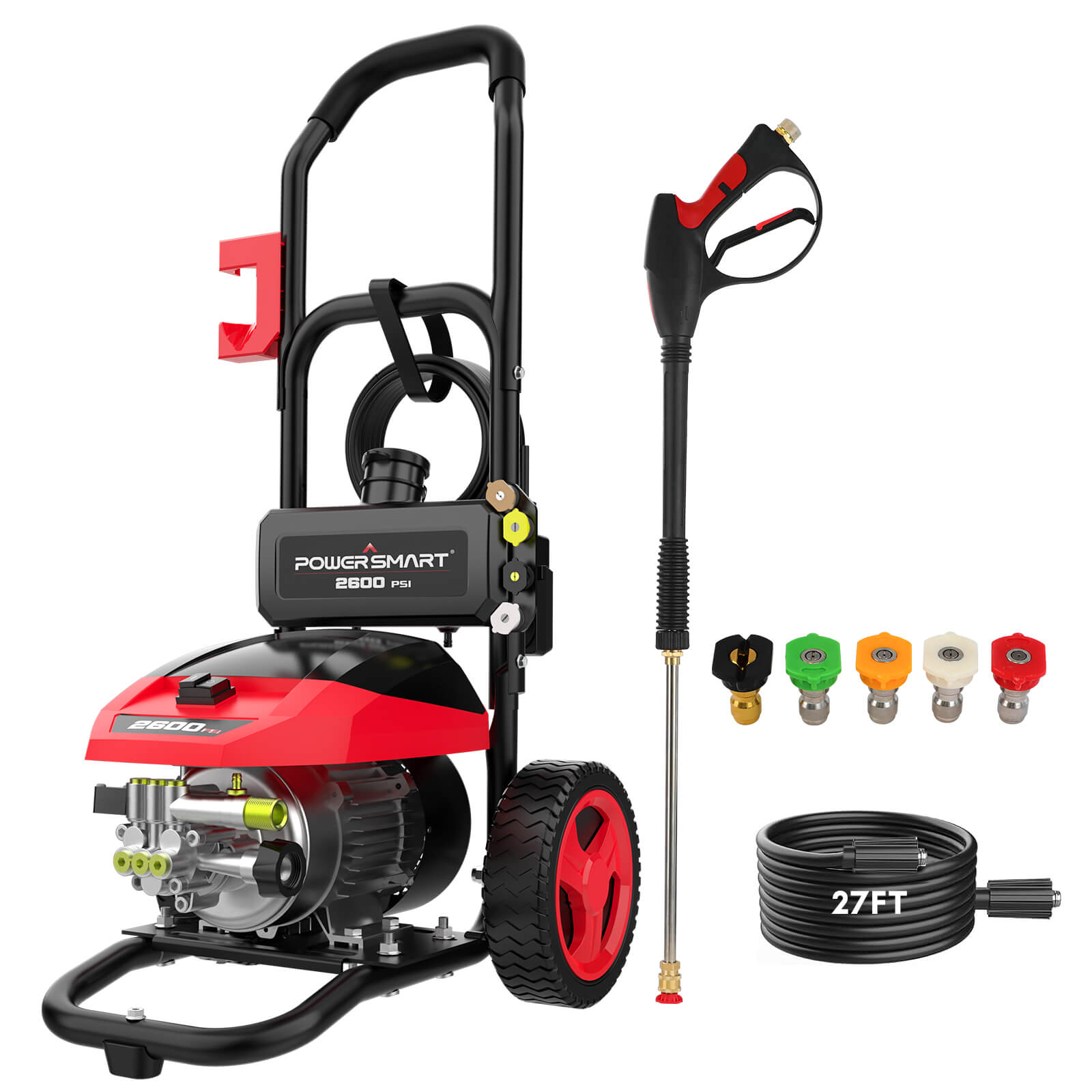
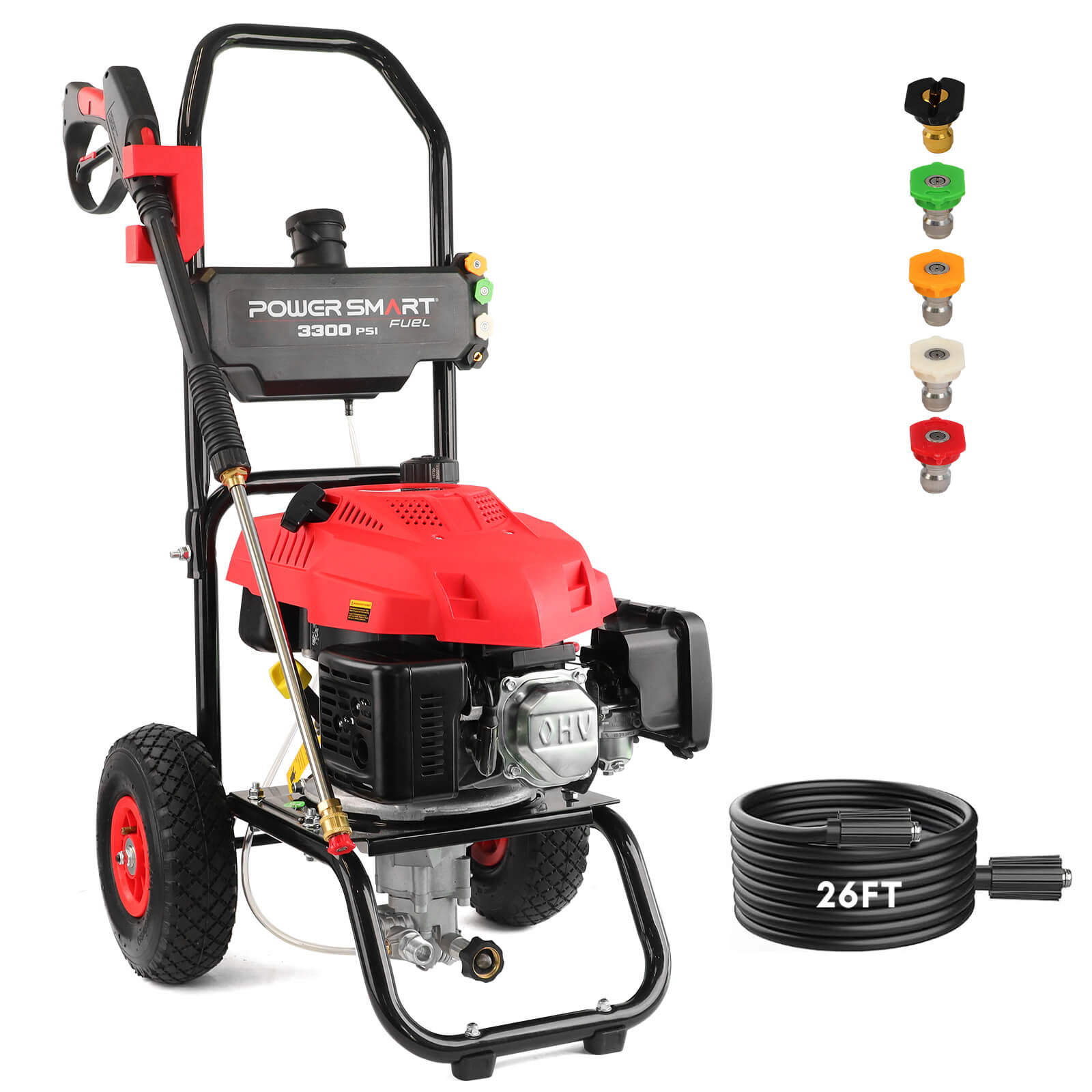
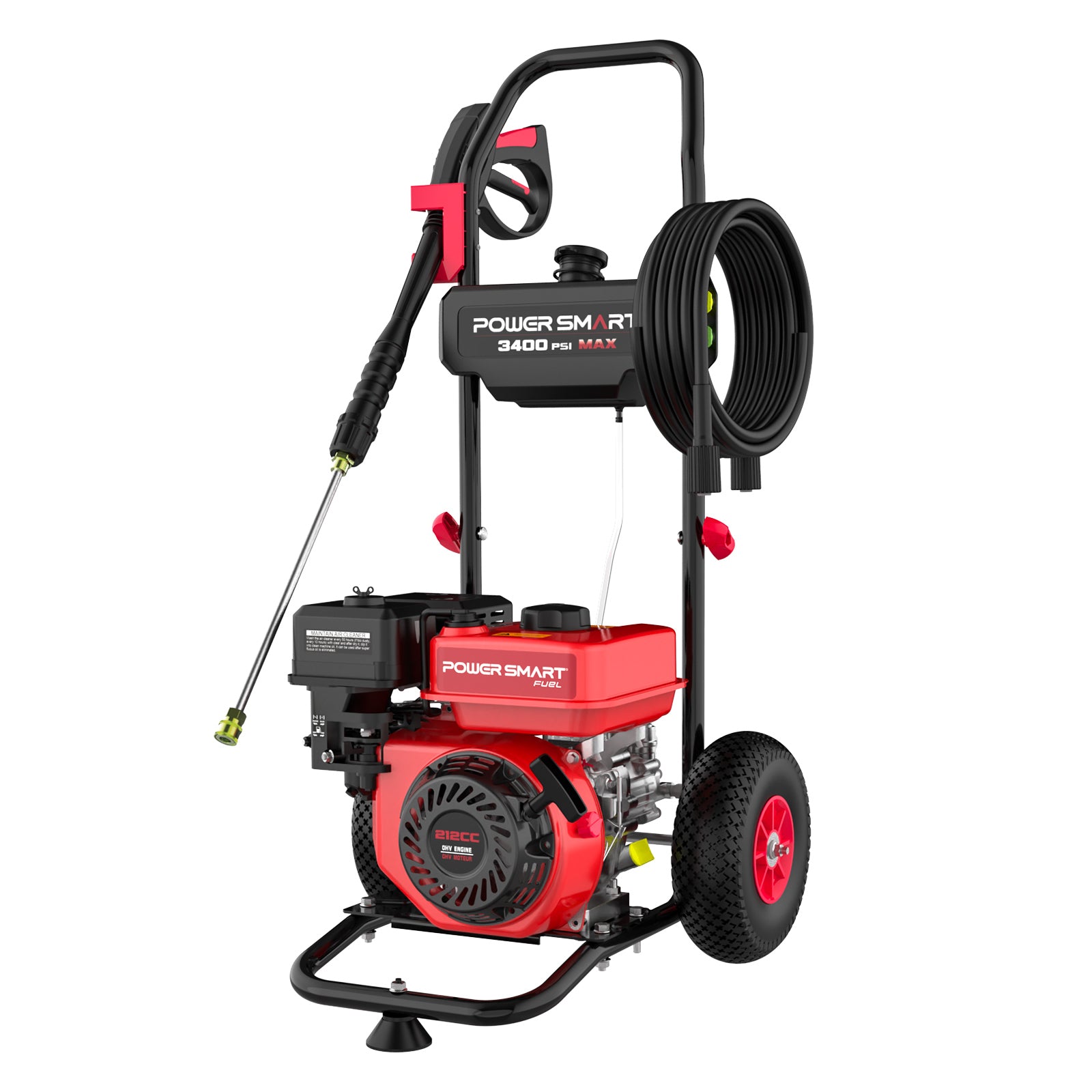

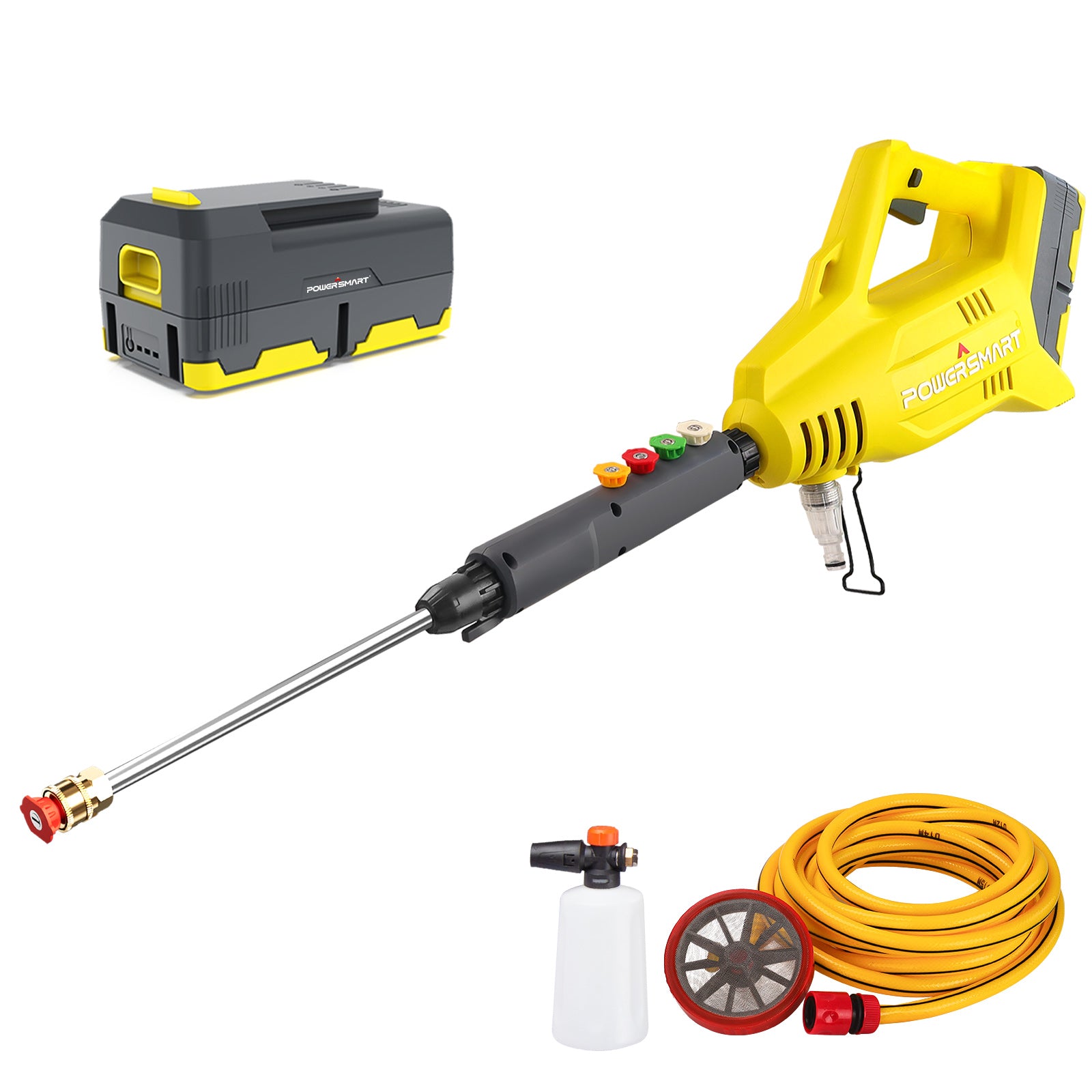














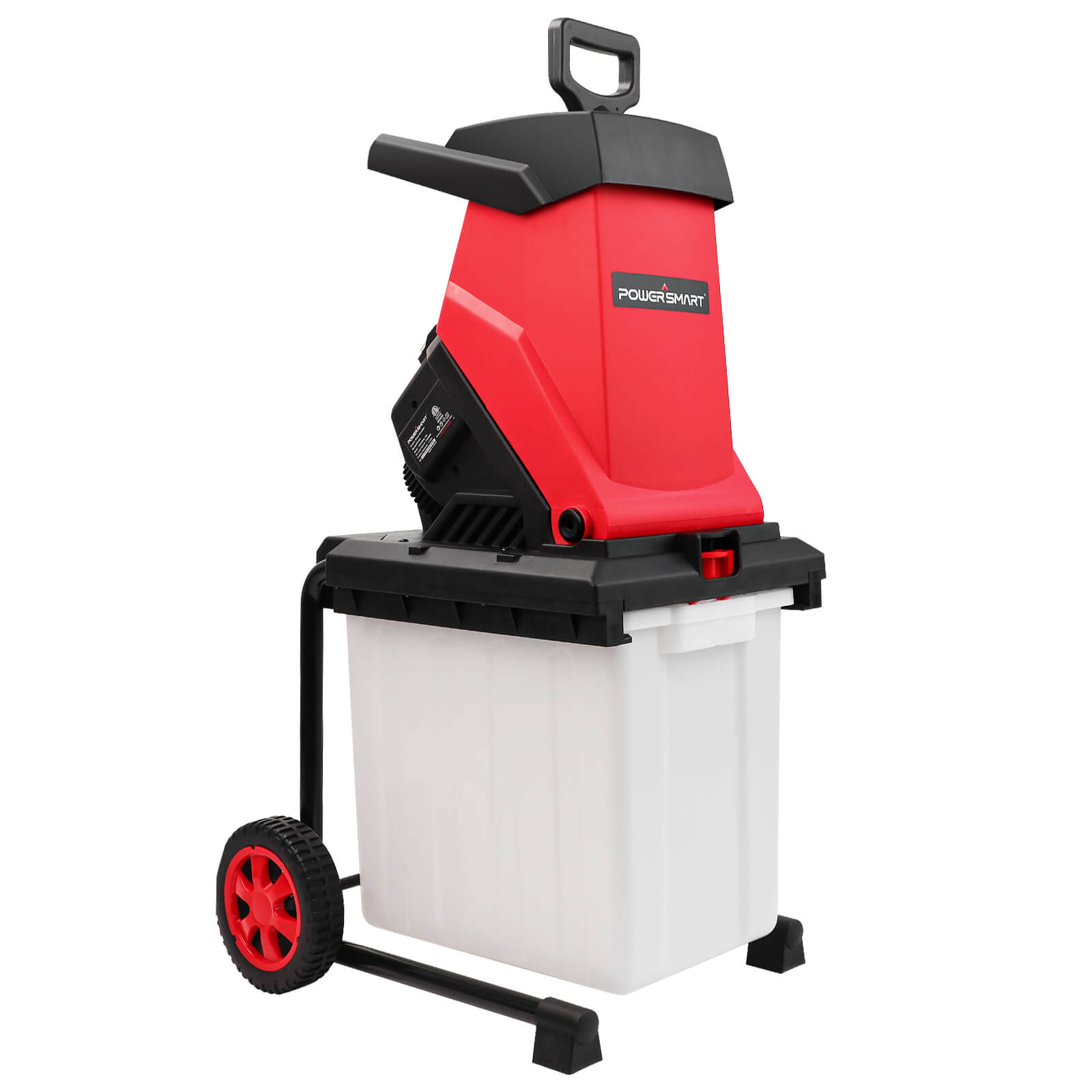

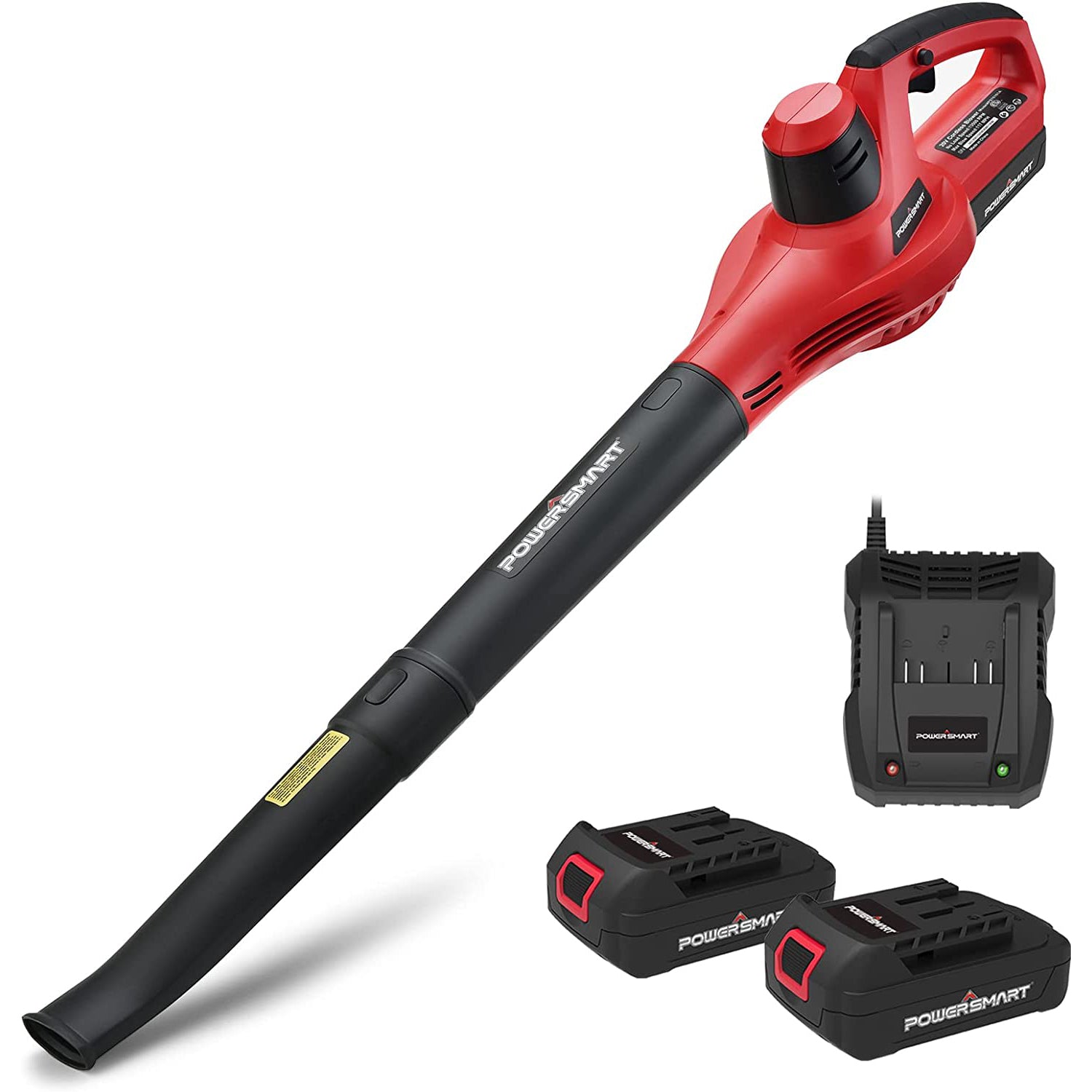






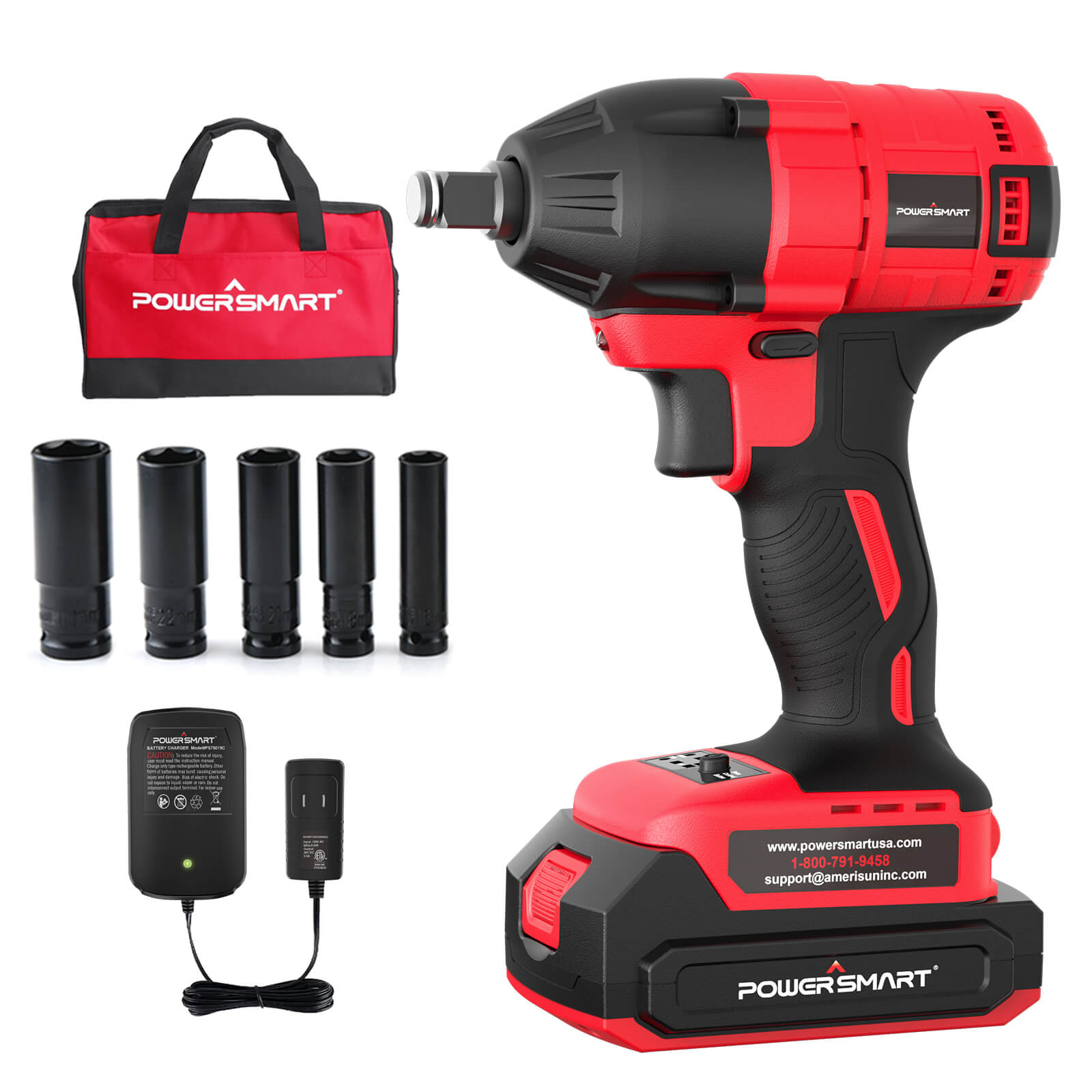












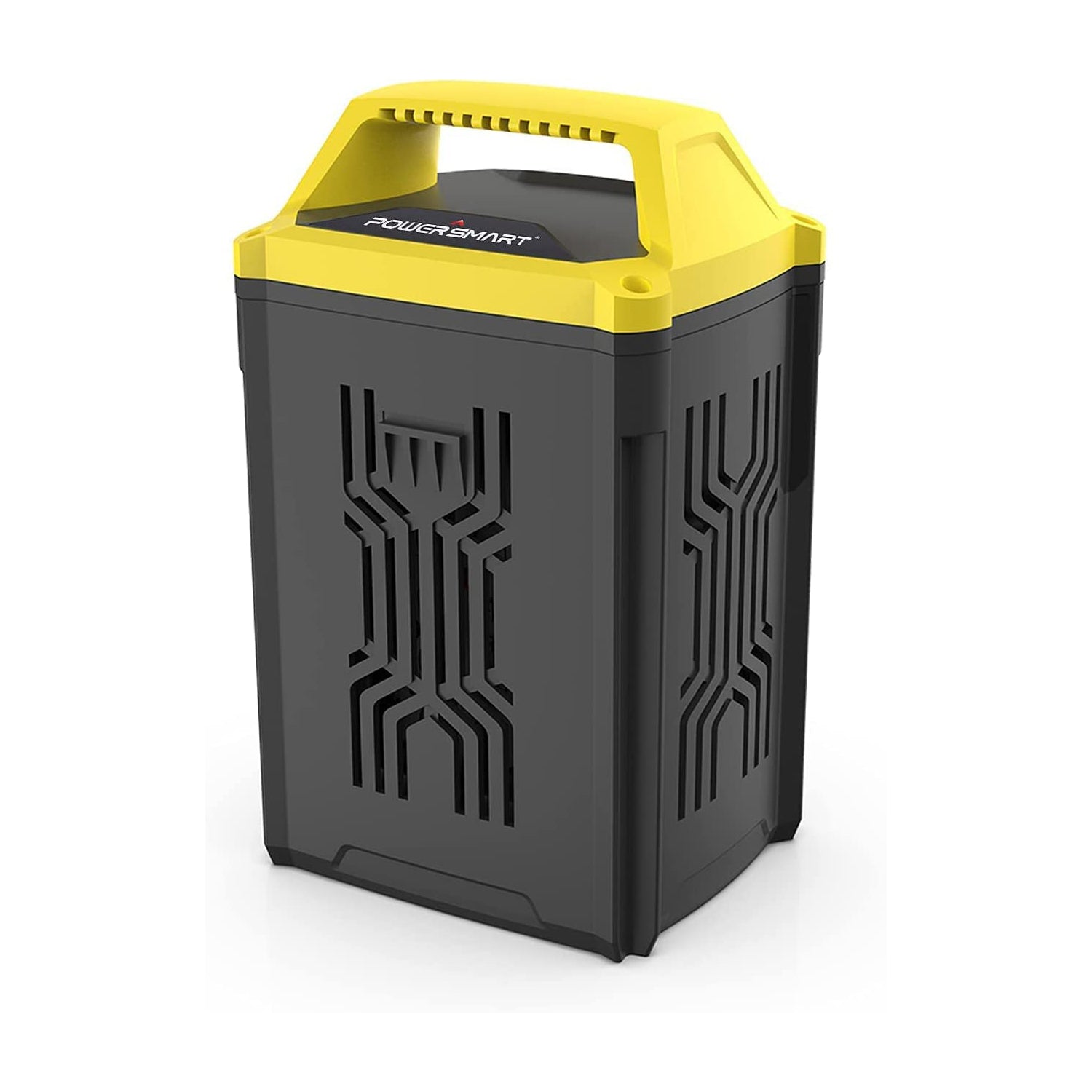

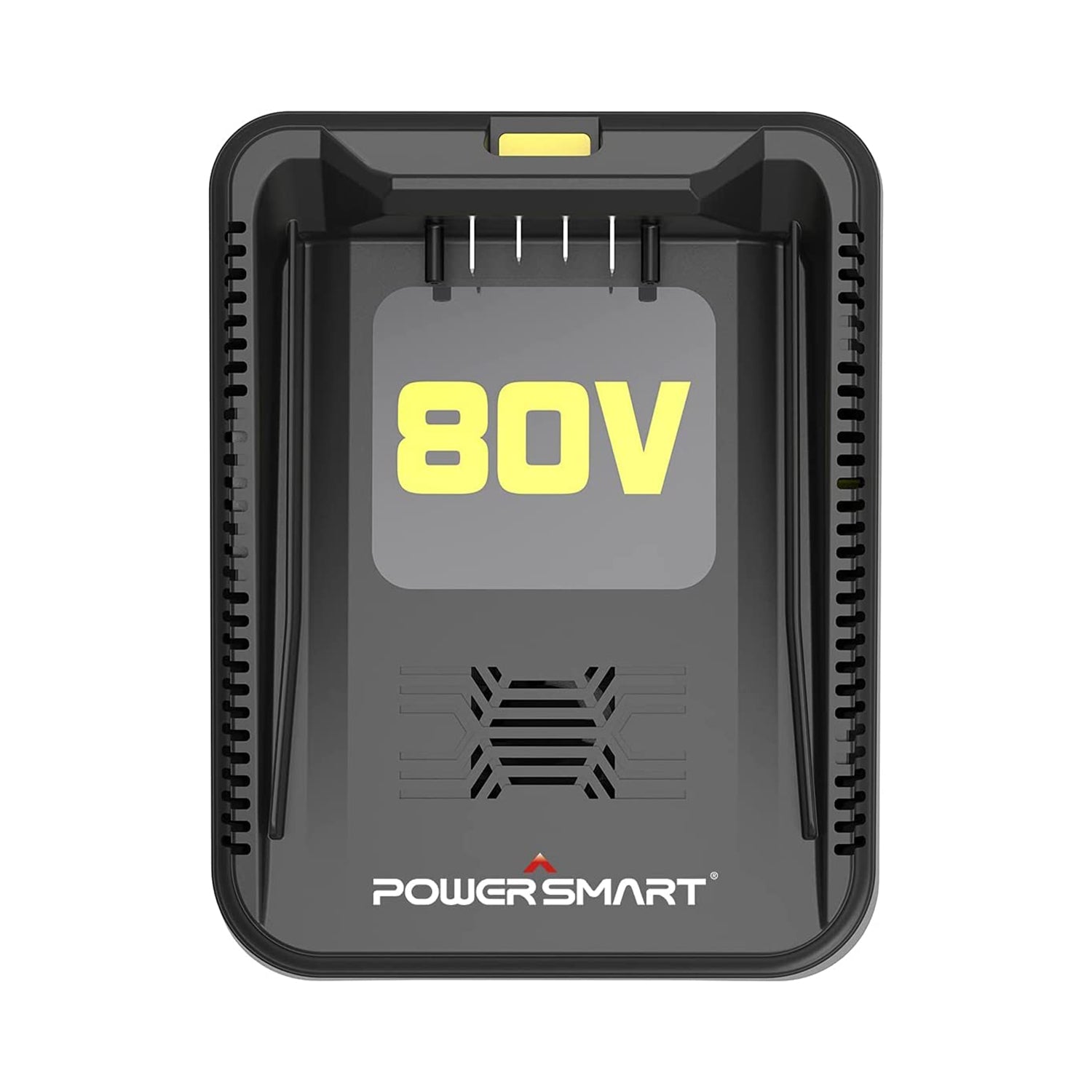
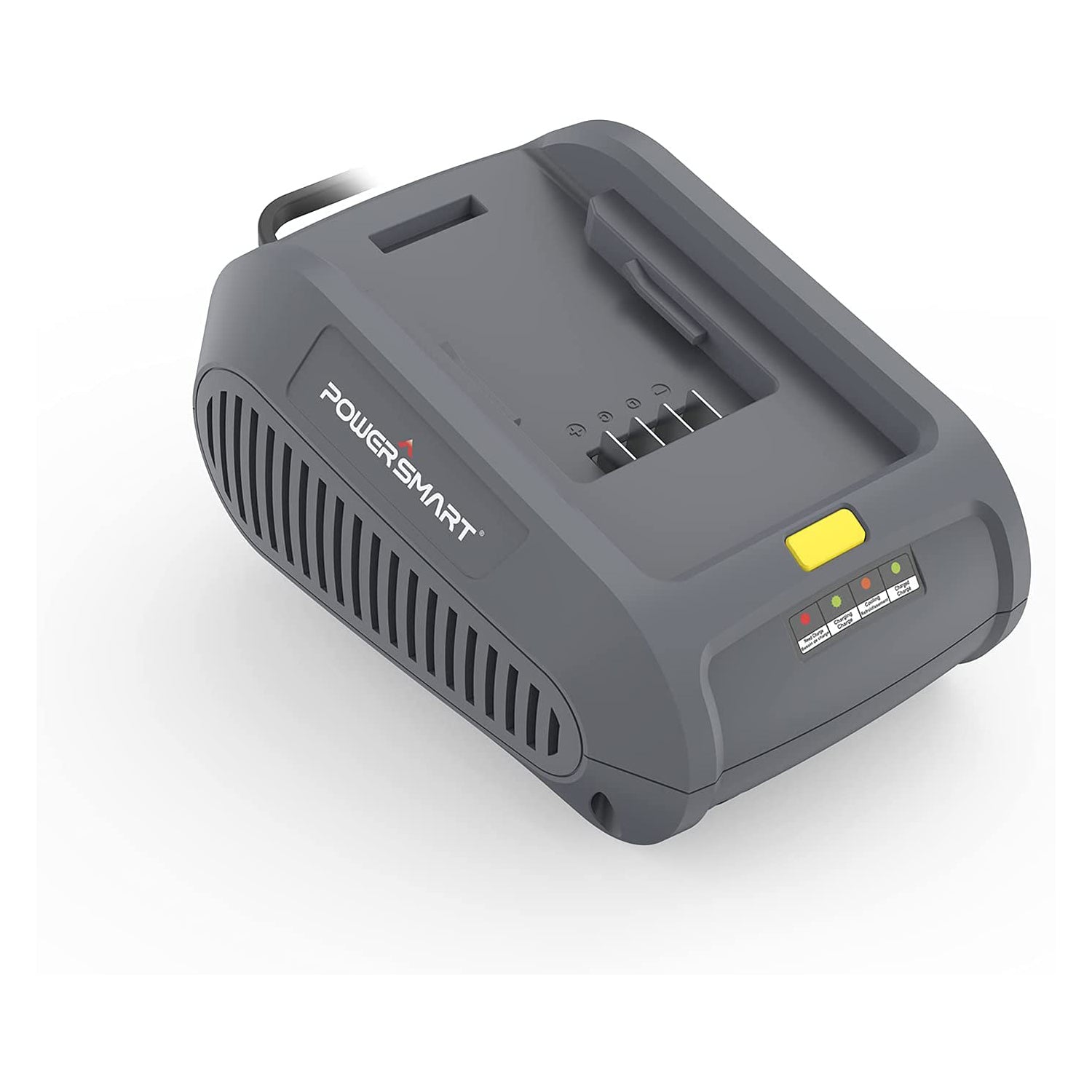




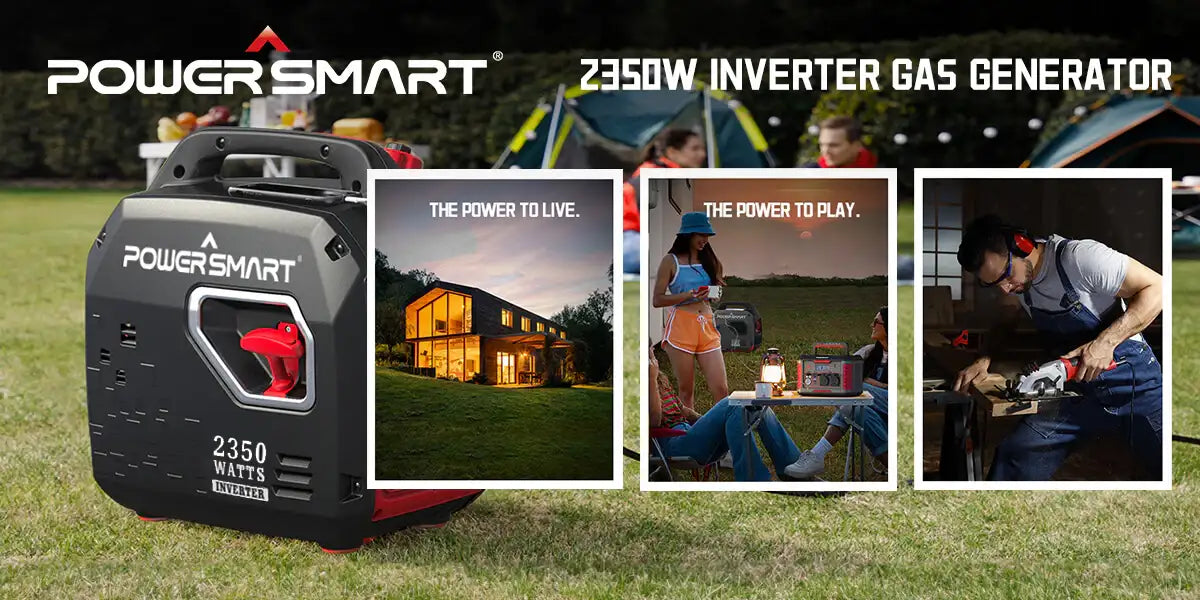


Leave a comment
All comments are moderated before being published.
This site is protected by hCaptcha and the hCaptcha Privacy Policy and Terms of Service apply.